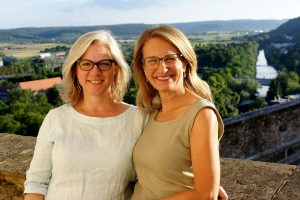Truth-Telling and Religious Difference in Colonial Australian Courts
British colonial authorities in the late nineteenth century were preoccupied with lying. As the administrative apparatus of the empire expanded, officials became increasingly invested in preserving the integrity of institutions that sorted, counted, judged and managed the empire’s subjects. However, the fear that colonial agents might be deceived – by a person who lied to a census-taker about their age, who underreported their profits or concealed evidence of a crime – was perennial. In colonial India, for instance, medical and legal textbooks warned of Indians’ supposedly innate mendacity, and offered officials strategies for detecting subterfuge. Lying was considered particularly noxious – and likely – in the legal sphere, where colonial authorities were keen to avoid relying on the testimony of witnesses whom they did not trust. In response, British and British imperial authorities embraced what historians of colonial India have called ‘truth technologies.’ New technologies like fingerprinting and serology, and bodies of expertise like medical jurisprudence and crime scene investigation emerged. Old ones, like oath-taking in court, were renovated and adapted to suit novel colonial contexts.
I propose to explore legal oath-taking as a colonial truth technology as it was used in nineteenth-century Australia, departing from the more familiar (to scholars) British Indian context. I focus in particular on cases involving Chinese Australians, many of whom came to the Australian colonies during the mid-century gold rushes. As they did in England, British officials in the empire relied on oaths to encourage witnesses to tell the truth on the stand. These oaths, however, invoked a Christian theological framework that most Chinese migrants, whom Britons tended to assume were either Confucians or Buddhists, did not share. Without the threat of judgment and punishment by a Christian god, authorities worried that their traditional truth technology would fail. And so, they developed a ritual that they claimed was rooted in ‘Eastern’ theology – blowing out a candle – that they hoped would bind the conscience of Asian witnesses of a variety of non-Christian confessions. My paper explores the invention of this tradition, and situates it within a broader colonial imaginary, which cast Chinese Australians as fatalistic, mystical, and alien. This colonial understanding shaped the fortunes of Chinese people in Australia in their interactions with legal institutions, including police, the courts, and prisons. Debates about the reliability of Chinese testimony also shaped colonial justice, as its agents grappled with the religious and cultural diversity of the empire.
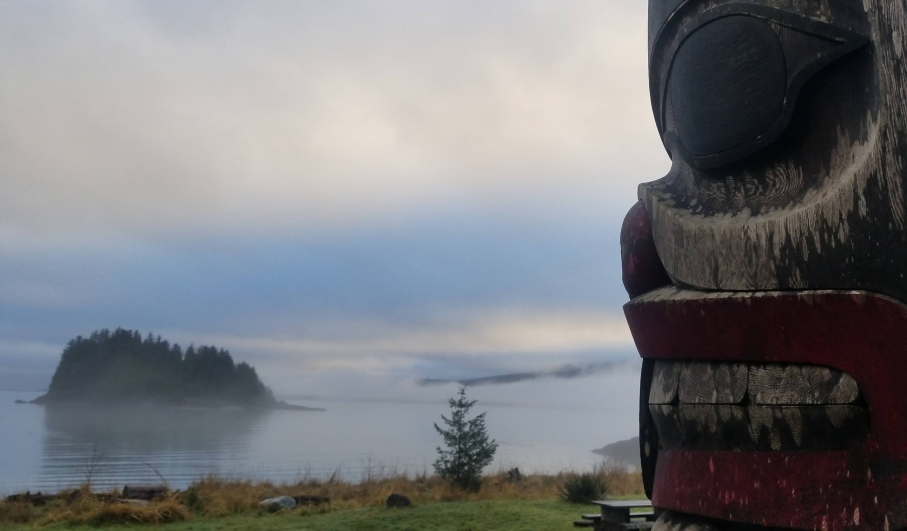
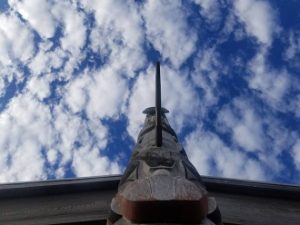
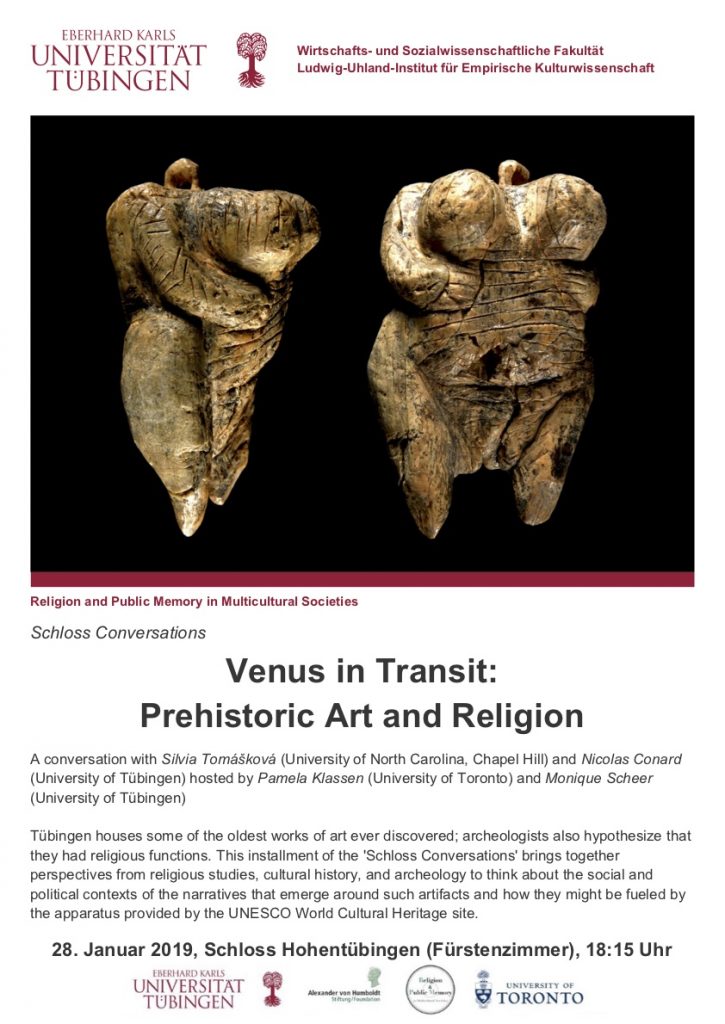
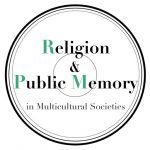 With the support of the
With the support of the 